
Whether you like to eat seafood, swim, or just drink water, we all have lots to thank for our vast, beautiful oceans. For this year’s Ocean Week Canada, we spoke to Toronto chefs and Ocean Wise about what seafood sustainability means, and how our daily eating habits can actively contribute to the health of our oceans.
“We’re lucky as Canadians to have incredible diversity in the sustainable seafood products available domestically. Canadian fisheries and aquaculture operations provide high quality, sustainable seafood locally and abroad too,” says Claire Dawson, Senior Manager of Fisheries and Seafood at Ocean Wise. “It’s our duty to manage our relationship with these resources and make sure they’re available for generations to come.”
At Ocean Wise, Dawson works with businesses, chefs, and consumers to improve their access to responsibly sourced seafood. In Toronto, we’re lucky to have a long list of options when it comes to sustainable choices, including grocery stores and restaurants led by chefs who believe in their role to make positive change for future generations.

Hovering over Toronto at CN Tower’s 360 Restaurant, Chef de Cuisine Simon Samad is proud to work at an Ocean Wise-partnered restaurant, and he’s eager to bring more awareness to the importance of sustainability.
“A lot of people don’t think about how the fish are actually caught,” says Samad.
“We only source fish that are handline-caught so there’s no collateral damage to the environment. Another important aspect is being able to use the entire product. The sablefish we have on our menu at 360 Restaurant is not only used as a main dish—the carcasses are also used in the seafood consommé. It’s about allocating everything and having respect for the whole product.”
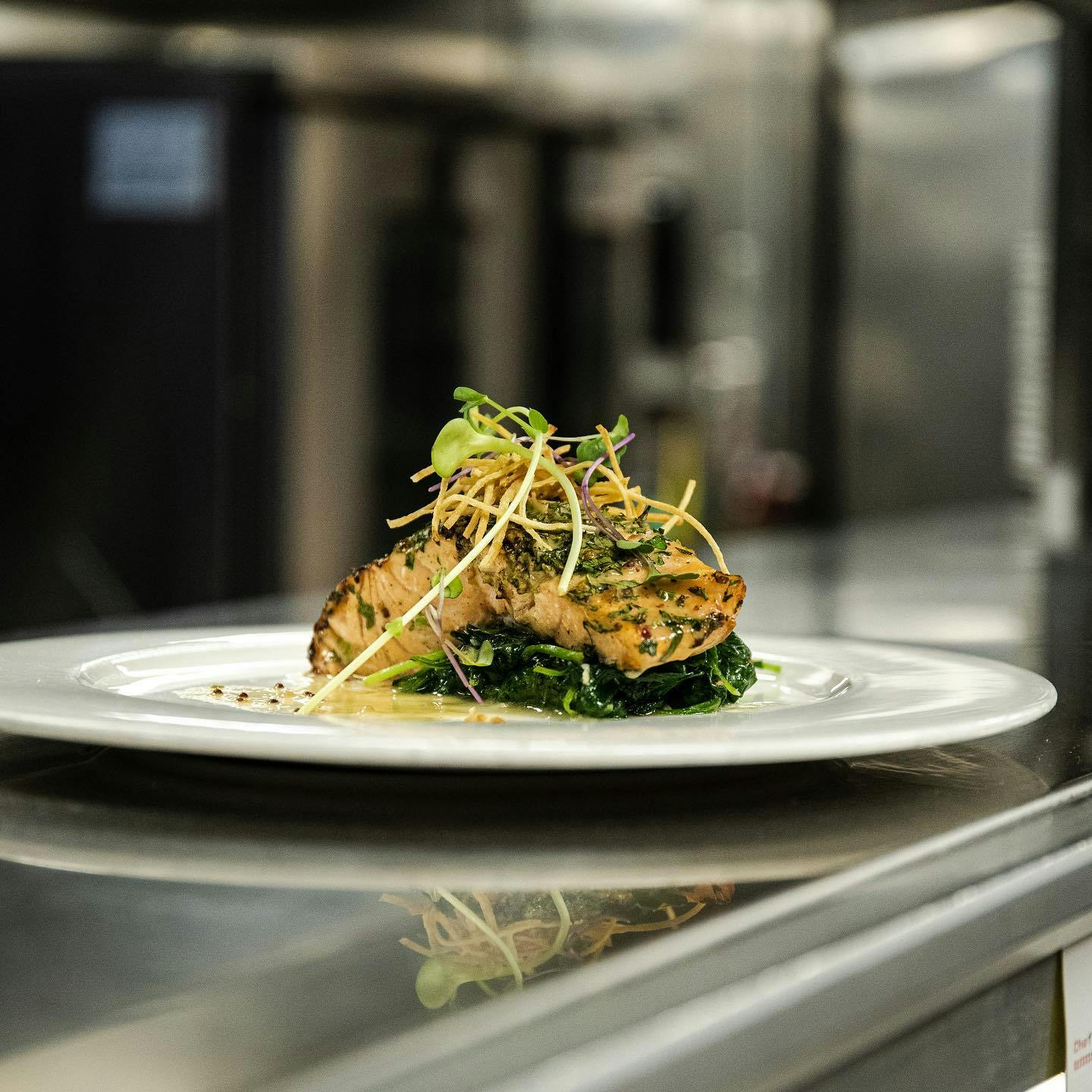
For Chris Zielinski, Culinary Director for MLSE, it’s ultimately up to chefs to change the way we impact our oceans with every meal prepared.
“Chefs have to be the stewards of this movement. They have the power to push back on non-sustainable practices and really shape the fishing industry into something that can be workable for the future,” says Zielinski.
There are plenty of sustainable options for chefs in Toronto, but for Zielinski, it has to be a conscious guiding principle.
“No menu item is creative without sourcing the center of the plate first,” he says. “Whenever we source a new seafood item, the first consideration is, is there a sustainable Ocean Wise version? If not, it’s unlikely it’ll make it to our menu. If there is, start with that version right from the beginning.”
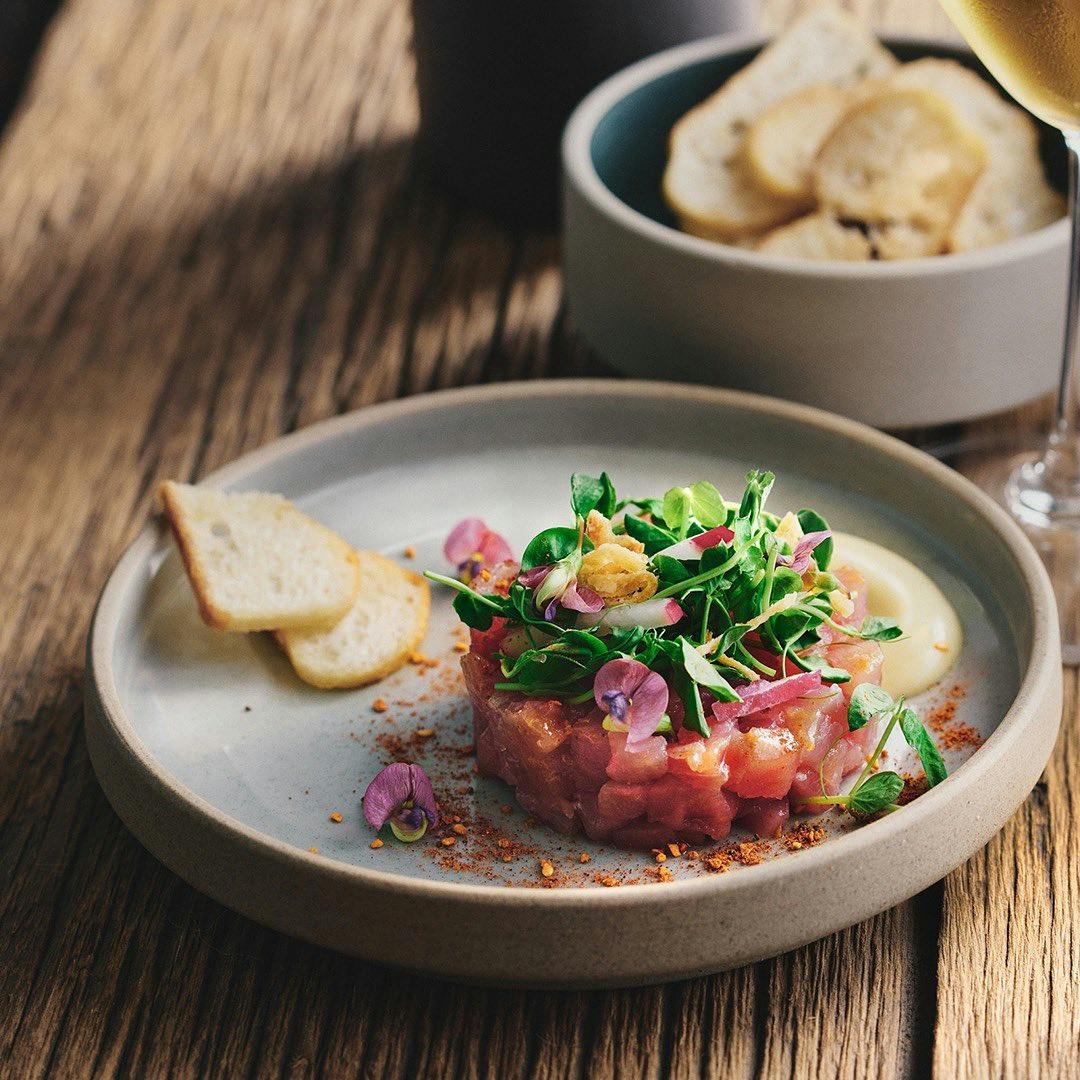
To help chefs and home cooks get started with making these conscious choices, Ocean Wise often shares their sustainable seafood recommendations. For Ocean Week, however, they want to home in on some options that aren’t only sustainable but actually improve the health of our oceans.
Restorative species are a special category of sustainable seafood that clean and filter the oceans as they grow, providing additional ecosystem benefits like habitat creation, climate change mitigation, and nutrient sequestration.
The next time you go out for seafood or shop at your local fishmonger, keep an eye out for these restorative species picked by Ocean Wise:
1. Kelp and seaweed
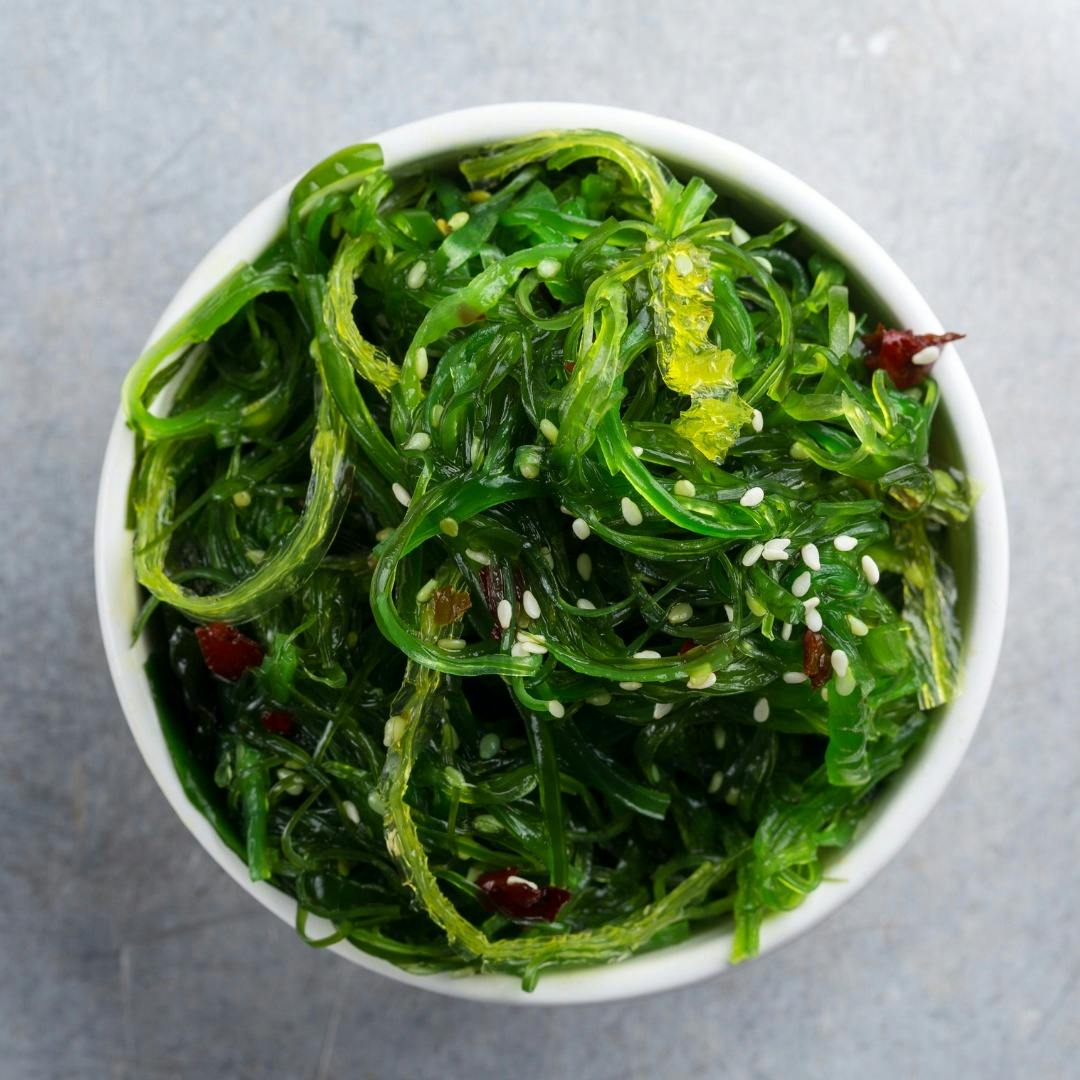
Known and loved for the umami depth they add to any dish, kelp and seaweed are incredibly ocean-friendly. In fact, it’s so sustainable that any species cultivated anywhere in the world is highly recommended by Ocean Wise experts.
2. Mussels (Farmed, off-bottom culture)
Whether wild or cultivated, bivalve shellfish like mussels are “filter feeders” that constantly give back to the environment.
3. Scallops
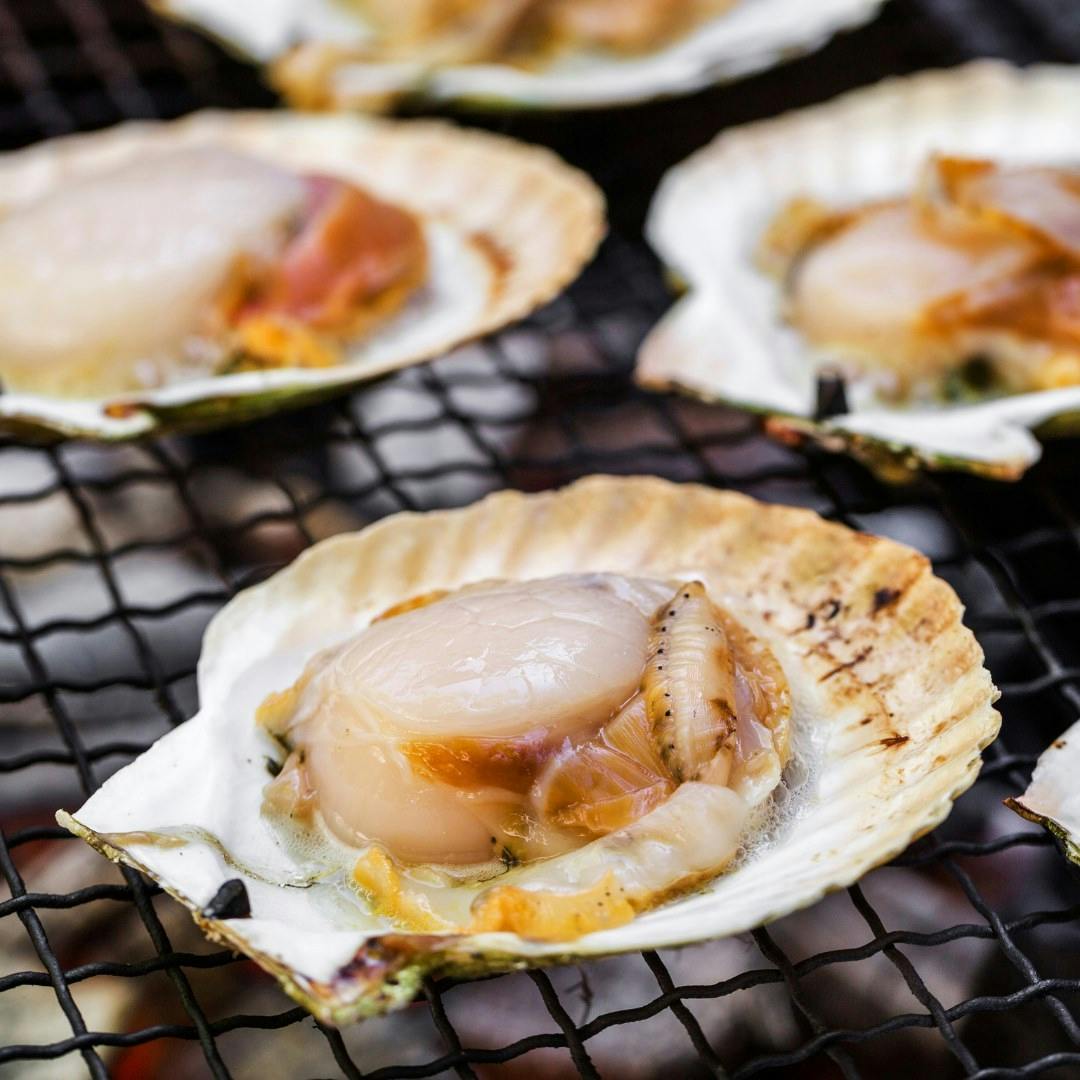
Another sustainability powerhouse, scallops remove excess nutrients in the water to increase the water quality around them as they grow.
4. Clams
This one’s for the vongole lovers: clams are one of the most sustainable sources of protein that provide habitat structure for other plants and animals in their ecosystem.
5. Oysters
Fancy and sustainable, oysters are also filter feeders and can clean up to 50 gallons of water a day, so shuck away!
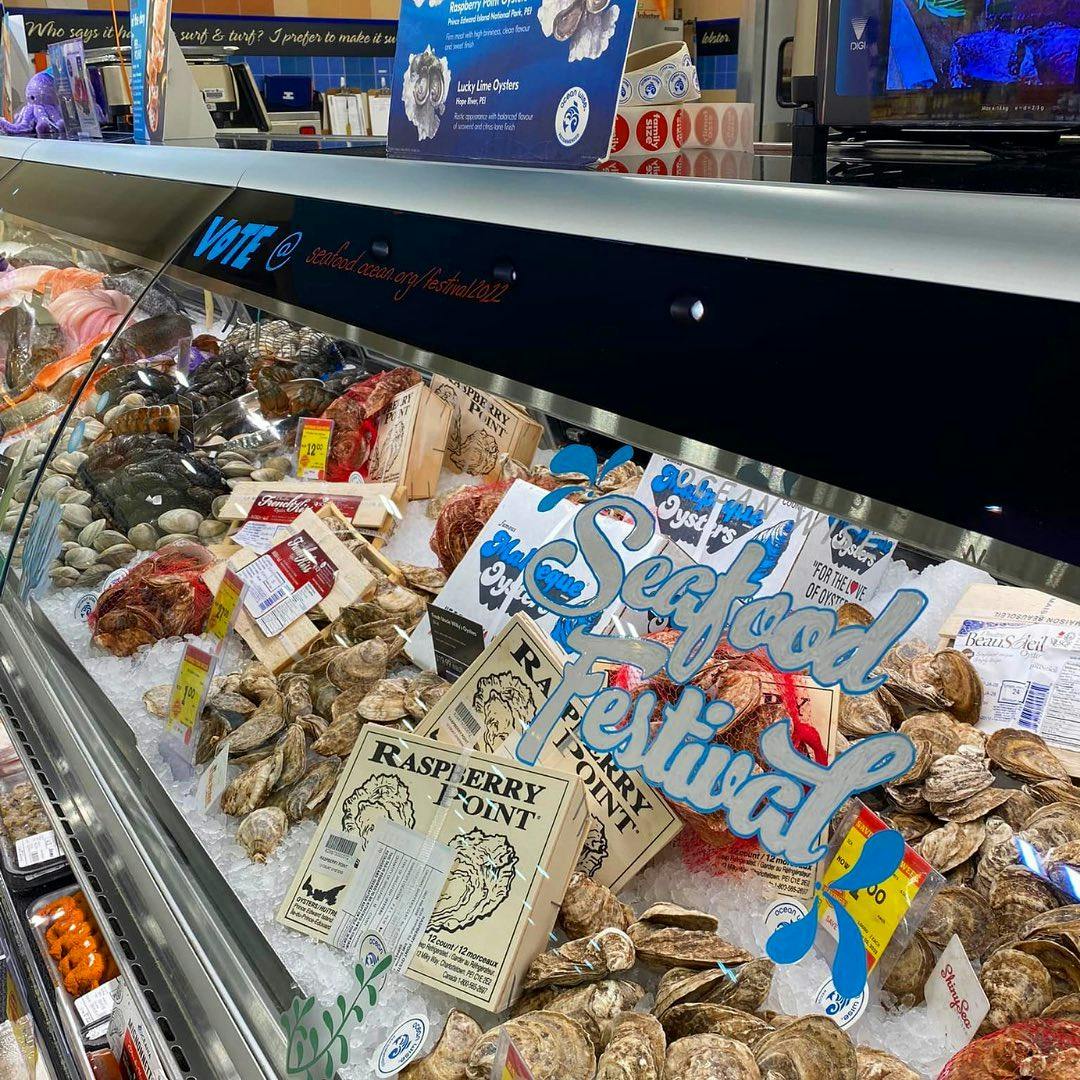
“Sustainability” can still be a scary word for those of us who fear higher pricing or lack of variety. What Dawson, Samad, and Zielinski hope to show is that with the right information, eating in ways that give back to the environment can be incredibly easy, and many are already leading by example.
As Zielinski tells me, the Ocean Wise-approved list of seafood options has seen a dramatic expansion in recent years, and it’s all thanks to the chefs and fishmongers who have been demanding more sustainable practices in the industry. Likewise, Samad’s also noticed an increasing number of restaurants starting to meet the demand for environmental responsibility and truly invest in sustainable sourcing.
“We often get caught up in negative news cycles that make it hard to stay motivated towards positive change,” says Dawson. “But there is hope – I work with amazing people in and outside of our organization every day who are dedicated to turning the tide for the ocean.”

Ocean Week Canada ends on June 12, but as of this year, June is now National Ocean Month as decreed by U.S. President Biden, so it’s not too late to start your celebrations. Make sure to show your support for all the sustainable seafood vendors in your area, and learn how you can start making informed, ocean-friendly habits with resources from Ocean Wise’s website and the official Ocean Wise Seafood Instagram.










